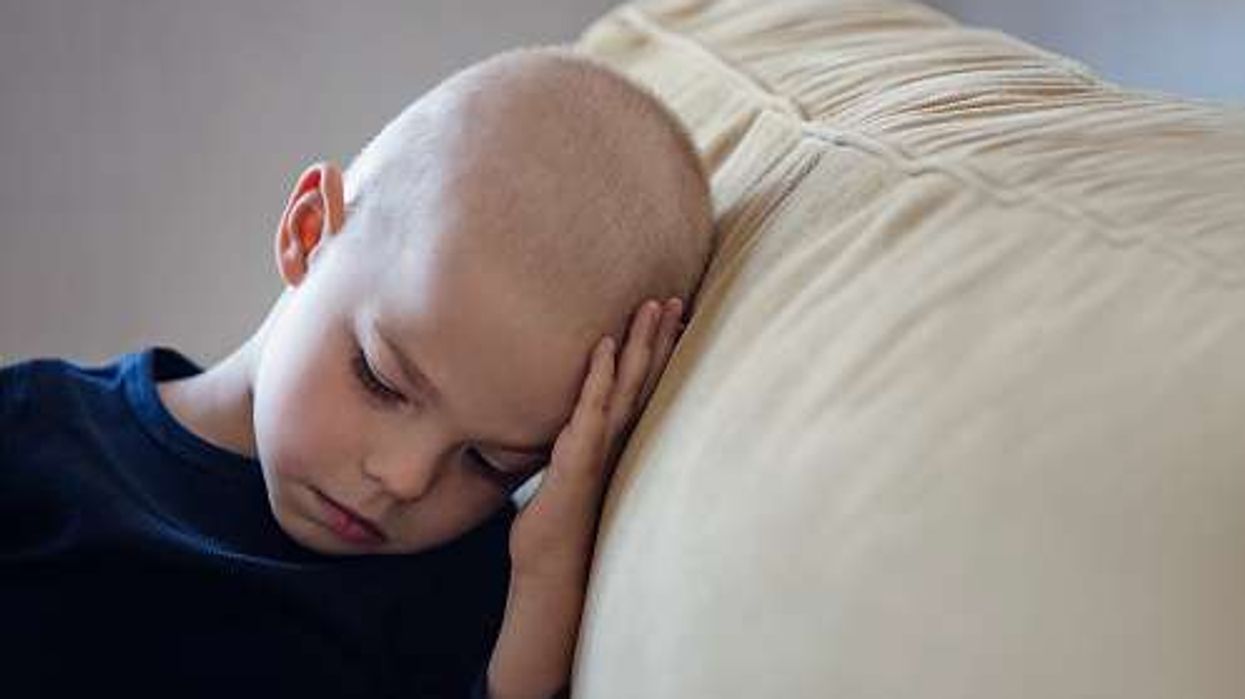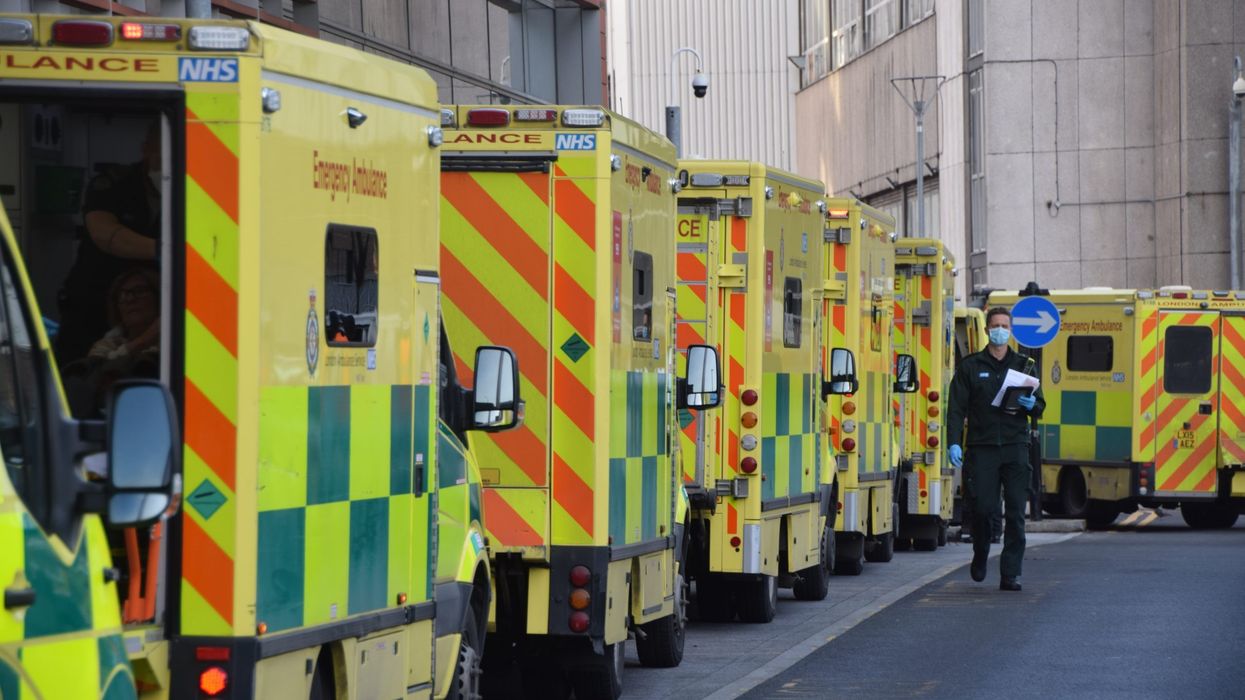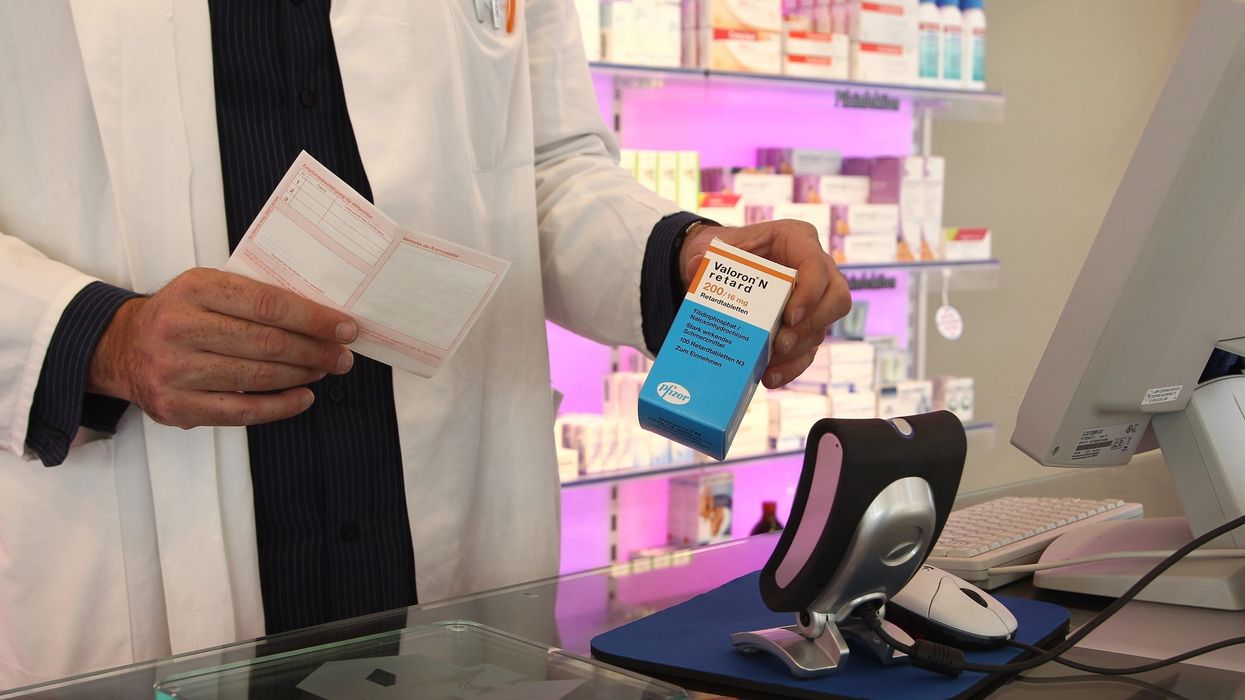Electronic devices may soon be used to identify the presence of infection in a crowded space using body odour profiles after scientists in the UK have tested a so-called 'Covid alarm'.
Early studies by scientists at the London School of Hygiene and Tropical Medicine (LSHTM) and Durham University show that Covid-19 infection has a distinct smell, resulting from changes in the volatile organic compounds (VOC) which make up the body odour – generating an odour “fingerprint” that the sensors can detect.
Led by researchers from the LSHTM and biotech company RoboScientific Ltd with Durham University, the study tested devices with organic semi-conducting (OSC) sensors, which could potentially be used as a Covid-19 screening tool.
“These results are really promising and demonstrate the potential for using this technology as a rapid, non-invasive test with incredible accuracy. However, further testing is required to confirm if these results can be replicated in real-world settings,” said Professor James Logan, Head of the Department of Disease Control at LSHTM, who led the study.
“If these devices are successfully developed for use in public places, they could be affordably and easily scaled up. They also could protect people against future disease outbreaks, with capability to develop sensor arrays to detect other diseases within a number of weeks,” he said.
The pre-print study, which is not yet peer-reviewed, used body odour samples from socks worn and donated to the team by 54 individuals – 27 Covid-19 positive individuals who were asymptomatic or had mild symptoms, and 27 uninfected individuals.
These samples were analysed by RoboScientific’s Model 307B VOC analyser fitted with an array of 12 OSC sensors. The samples were collected as part of a wider study led by LSHTM, in collaboration with Medical Detection Dogs and Durham University.
The OSC sensors captured the odour profile of the samples, having been tuned to be sensitive to the VOCs associated with Covid-19 infection, primarily ketone and aldehyde compounds.
“Many diseases have a distinct smell associated with them. We started our research with a blank sheet of paper and asked the question: Does Covid-19 have a distinct smell,” explained Professor Steve Lindsay, from the Department of Biosciences at Durham University.
“We ended the research showing a clear separation between the odours of people infected with the virus and those uninfected. Covid most definitely has a very distinct smell. This is real discovery science and very exciting for the development of screening methods for the disease,” he said.
Over two days of testing the samples, the researchers found the sensors were able to distinguish between infected and uninfected samples, demonstrating that SARS-CoV-2 (Covid-19) infection has a distinct odour.
On the first day of testing they achieved an average of 98 per cent specificity (meaning a low risk of false positive results) and an average of 99 per cent sensitivity (meaning a low risk of false negative results).
On the second day of testing the sensors achieved 100 per cent sensitivity and specificity, suggesting they can detect the presence of Covid-19 infection more accurately than any other diagnostic test available.
The Cambridgeshire-based start-up, RoboScientific, is exploring the potential of two types of device underpinned by these findings to enable fully-automated Covid-19 screening – a portable handheld device and a room-based device.
The device, developed from RoboScientific’s existing technology for early disease detection, could detect if a person is Covid-19 positive from their body odour. If deployed in public spaces, these devices could be used in place of PCR and LFT testing as a faster, less invasive diagnostic to inform an individual whether they are infected and required to self-isolate. They can be used with a separate air sampler or individual breath or mask samples.
Stan Curtis, CEO of RoboScientific, said: “Our experience in consumer electronics, coupled with five years developing our unique sensors for agricultural applications, has enabled us to create a new way of sensing VOCs.
“Our disease detection platform can provide fast accurate screening for diseases so that we will be ready if/when the next pandemic arrives.”
The device could screen areas such as classrooms or aircraft cabins to detect if an infected individual is in the room, with air analysis results within an estimated 30 minutes.
If Covid-19 positive odour is detected, all those in the room would need to be individually tested to determine who was infected as the device would only detect the presence of infection, not who is infected.
It would therefore not be designed to replace PCR [Polymerase chain reaction] or LFT [Lateral Flow Test] testing, but rather for use alongside these strategies to allow more targeted testing, saving money and time, and reducing onward transmission.
These devices were developed by adapting technology previously used in chicken houses to detect disease in flocks of up to 50,000 chickens, using well proven sampling methods and analysis.











